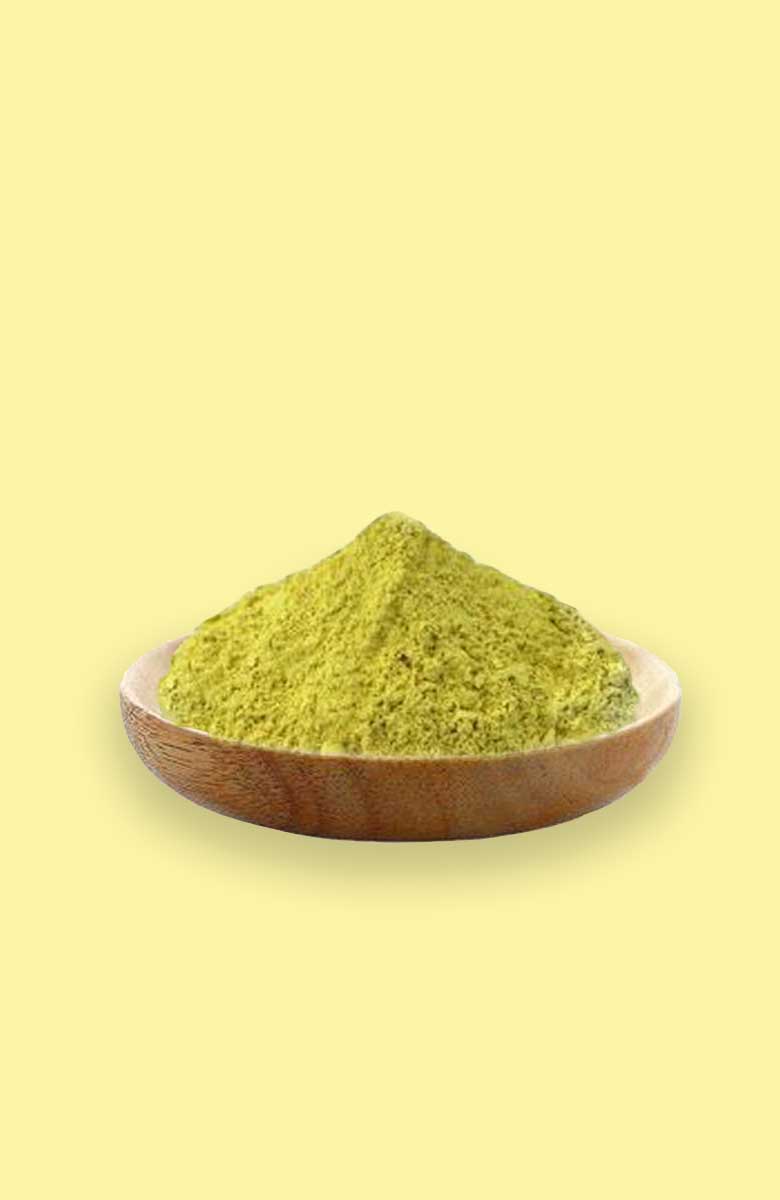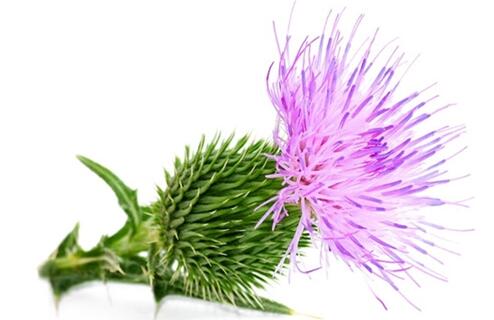Plant Extract Silymarin
Certification: ISO, KOSHER, Halal, HACCP

Product Information
- Plant source: Silymarin
- Specification: 80% silymarin
- Appearance: brown yellow powder
- Mesh size: 80 mesh
- Detection method: HPLC
- Samples: Provide free samples
- Packaging: 1kg/bag, 25kgs/barrel
Raw material introduction
Originated in North Africa and Western Europe, it is a local folk medicine. It was introduced to China in 1972 and has been widely planted in Heilongjiang, Gansu, Shaanxi and Hebei in China. The whole grass and seeds of silymarin can be used as medicine, and the seeds can be extracted to obtain silymarin, a classical liver protecting drug containing a variety of flavonoid lignin.
As a natural liver protecting drug, silymarin has clear liver protecting effects and small side effects. Its related nutrition or drugs have been approved by the U.S. Food and Drug Administration (FDA) for a long time, and have been widely used in clinical treatment of various acute and chronic hepatitis, fatty liver, liver cirrhosis, cholangitis and other liver and gall diseases.

Ingredients of Silymarin
Silymarin contains a variety of flavonoids and fumaric acid, which can be used to treat swelling and erysipelas; Its seeds contain flavonoids mainly composed of silymarin, which can be used to treat liver, spleen and other diseases.
Silybin is the most valuable part of silymarin, mainly including silybin, silidianin, silychristin and other active ingredients (Fig. 1). Silybin is the main active ingredient of silymarin, accounting for about 60%.
The role of silymarin
① Nourishing and protecting the liver;
The liver plays a very important role in maintaining health. The bile it produces is necessary for fat decomposition and can detoxify toxins entering the blood. Such as nicotine, alcohol, carbon monoxide and other pollutants, the liver will decompose these harmful substances into something harmless to the human body. In addition, the liver is also a place to store fat soluble vitamins A, D, E and K.
Milk thistle contains flavonoids, collectively referred to as silymarin, which is an effective component of liver protection and has a direct impact on liver cells. Milk thistle grass is a popular liver tonic in Europe. It contains flavonoids called silymarin, which have a direct impact on liver cells (flavonoids found in plants, also known as vitamin P, often work with vitamin C to improve health).
② Liver health care;
Silymarin is a strong antioxidant flavonoid. Scientific research in Germany has confirmed that silymarin can inhibit 5-lipoxyenase (an enzyme that accelerates oxidation in vivo), increase the concentration of GSH (antioxidant enzyme) secreted by liver cells, and stabilize the cell membrane (mainly liver cells).
Specification
| SPECIFICATION | ||
| Product Name: plant extract silymarin | Origin of Material: china | |
| Botanical Source: Silymarin | Part Used: Whole grass | |
| ANALYSIS | SPECIFICATION | REMARK |
| Appearance | brown yellow powder | |
| Odor | Characteristic | Organoleptic |
| Taste | Characteristic | Organoleptic |
| Sieve Analysis | 95% pass 80 mesh | |
| Loss on Drying | ≤5% | 2 hours at 105°C |
| Bulk Density | 40-60g/100ml | |
| Total Ash | ≤5% | |
| Heavy Metals | ≤10ppm | EP2.4.8 |
| As | ≤1ppm | ICP-MS |
| Pb | ≤3ppm | ICP-MS |
| Microbiological Test | ||
| Total Plate Count | ≤10000cfu/g | |
| Yeast & Mold | ≤1000cfu/g | |
| E.Coli E | Negative | |
| Salmonella | Negative | |
| Storage: In a cool & dry place. Keep away from strong light and heat. | ||
| Shelf Life: 2 years when properly stored. | ||
| * There is likely to be minor color variation from batch to batch due to geographical(origin) and seasonal variations of the material. | ||
